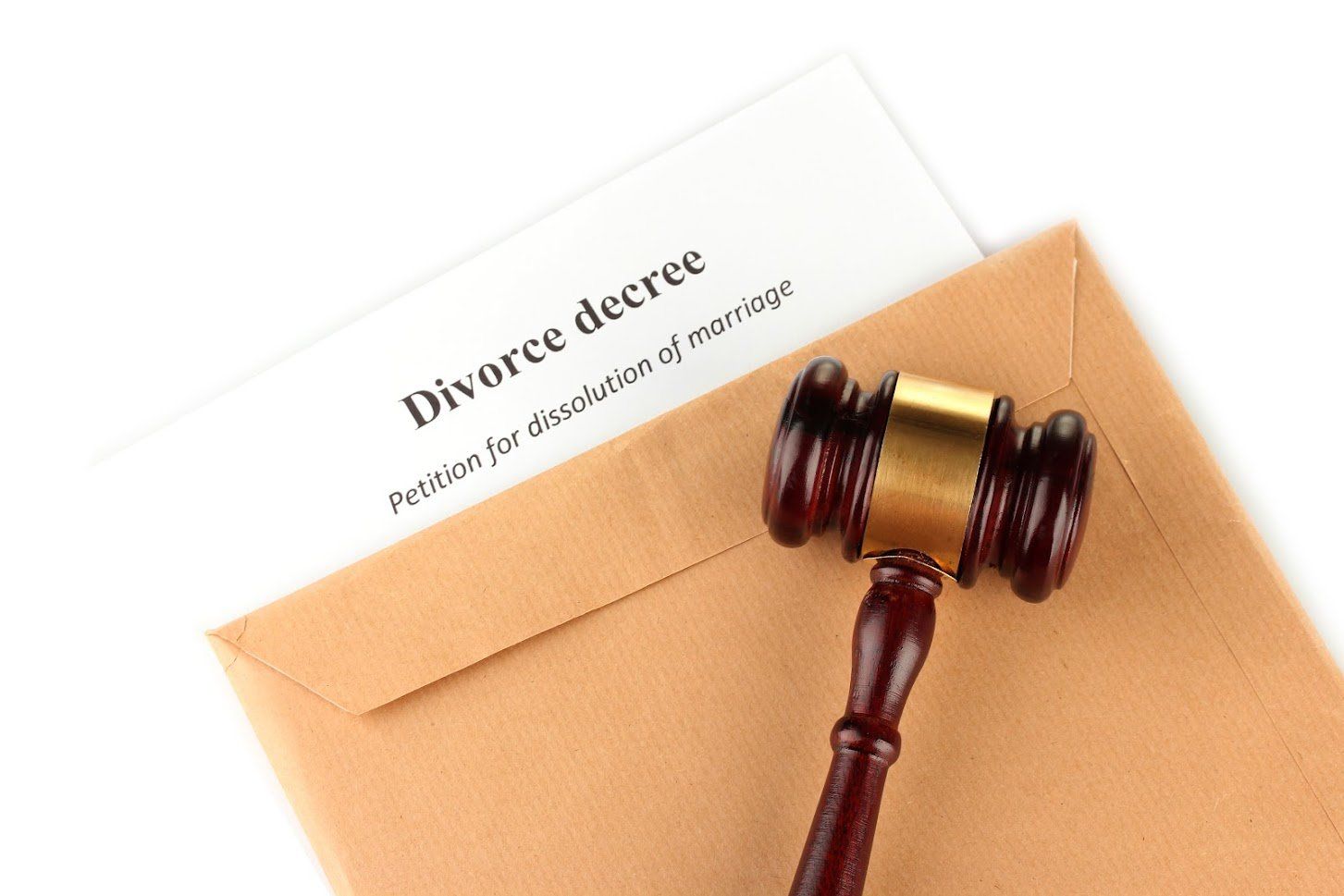
Evergreen Family Law Group PLLC
Trust 40+ years of divorce experience serving Snohomish County.

Evergreen Family Law Group PLLC
(formerly known as Law Office of Leonard E. Kerr)
(formerly known as Law Office of Leonard E. Kerr)
Trust 40+ years of divorce experience serving Snohomish County.
Call us for a free consultation
Everett: 425-783-0044
Lynnwood: 425-672-9533
What Can Stand in Your Way? Legal Restrictions in Child Custody Cases
Child custody disputes are among the most emotionally charged and legally convoluted issues that divorce entails. Neither parent wants to lose the opportunity to take care of their child, which makes the entire process highly contentious. And while parents may have their own personal reasons for wanting custody, they must consider what is in the best interest of their child.
However, certain legal restrictions can stand in the way of a parent's desire to be granted custody. Here are some of the most common ones.
Domestic Violence
If accusations or convictions of domestic violence exist, they can significantly impact a parent's ability to gain custody of their child. Family courts take such matters very seriously, as they're primarily concerned with the welfare and safety of the child.
When allegations of domestic violence surface, the court has to scrutinize the evidence meticulously. It could range from police reports and medical records to testimonies from witnesses.
If a judge determines that a parent has committed domestic violence, they may rule against granting that parent custody. This decision is based on the premise that a violent environment is not conducive to a child's emotional and psychological well-being. Violence casts doubt on the parent's ability to provide a safe and nurturing environment for the child.
Furthermore, a conviction of domestic violence often results in the court mandating supervised visitation or, in extreme cases, denying visitation rights altogether. This is to ensure that the child is protected from potential harm.
In some jurisdictions, the court may require the offending parent to complete a domestic violence intervention program or adhere to certain court-ordered conditions before considering any form of custody or unsupervised visitation.
These special conditions don't always guarantee a positive outcome, but they demonstrate the court's commitment to prioritizing the child's safety and well-being above all else.
Substance Abuse
In the eyes of the court, a parent struggling with substance abuse is deemed unfit to provide a stable and safe environment for the child. This is because substance abuse often leads to unpredictable behavior, impaired judgment, and inability to fulfill daily responsibilities, all of which can negatively affect the child's welfare.
Evidence of continuous substance abuse can be demonstrated through medical records, criminal records, or third-party testimonies. The court may also order a drug or alcohol evaluation to assess the extent of the problem and whether it poses a risk to the child.
If a parent is found to be struggling with substance abuse, the court may require them to undergo rehabilitation and complete treatment programs before considering custody or visitation rights.
Many courts will consider granting visitation or custody rights if the parent can demonstrate a considerable change in behavior. This could be completing a court-sanctioned substance abuse treatment program, demonstrating a period of sustained sobriety, or passing random drug tests.
Parental Alienation
This behavior is characterized by one parent consistently belittling or denigrating the other parent in front of the child to damage or destroy the child's relationship with that parent. It's considered a form of emotional abuse and manipulation, which can have profound psychological effects on the child.
Family courts consider parental alienation a serious offense, as it goes against the principle of acting in the best interests of the child. The alienating parent is seen to be intentionally creating a hostile environment, one that puts their personal vendetta above the emotional health and well-being of the child.
Courts can restrict or deny custody to the alienating parent if there's clear evidence of this behavior. The evidence can be in the form of documented instances where the alienating parent has made false allegations about the other parent, discouraged the child from communicating with the other parent, or turned the child against the other parent without any substantial justification.
While no one decides to have a child custody dispute willingly, understanding legal restrictions may assist parents in understanding how to maintain custody or what they can do to improve their chances of obtaining it. Consult with us at the Evergreen Family Law Group PLLC if you have any legal queries or concerns about these restrictions or need help navigating through a custody dispute.
Contact Information
Evergreen Family Law Group PLLC
Phone: 425-783-0044
Address: 2722 Colby Ave Ste 700 Everett, WA 98201
Serving Everett, Washington and the surrounding communities in Snohomish County, including Bothell, Mill Creek, Edmonds, Lynnwood, Mukilteo, Snohomish, Monroe, Lake Stevens, Marysville, Arlington, Stanwood, and Camano Island.
No attorney/client relationship and/or privilege created or established by use/submitting information on this website.









